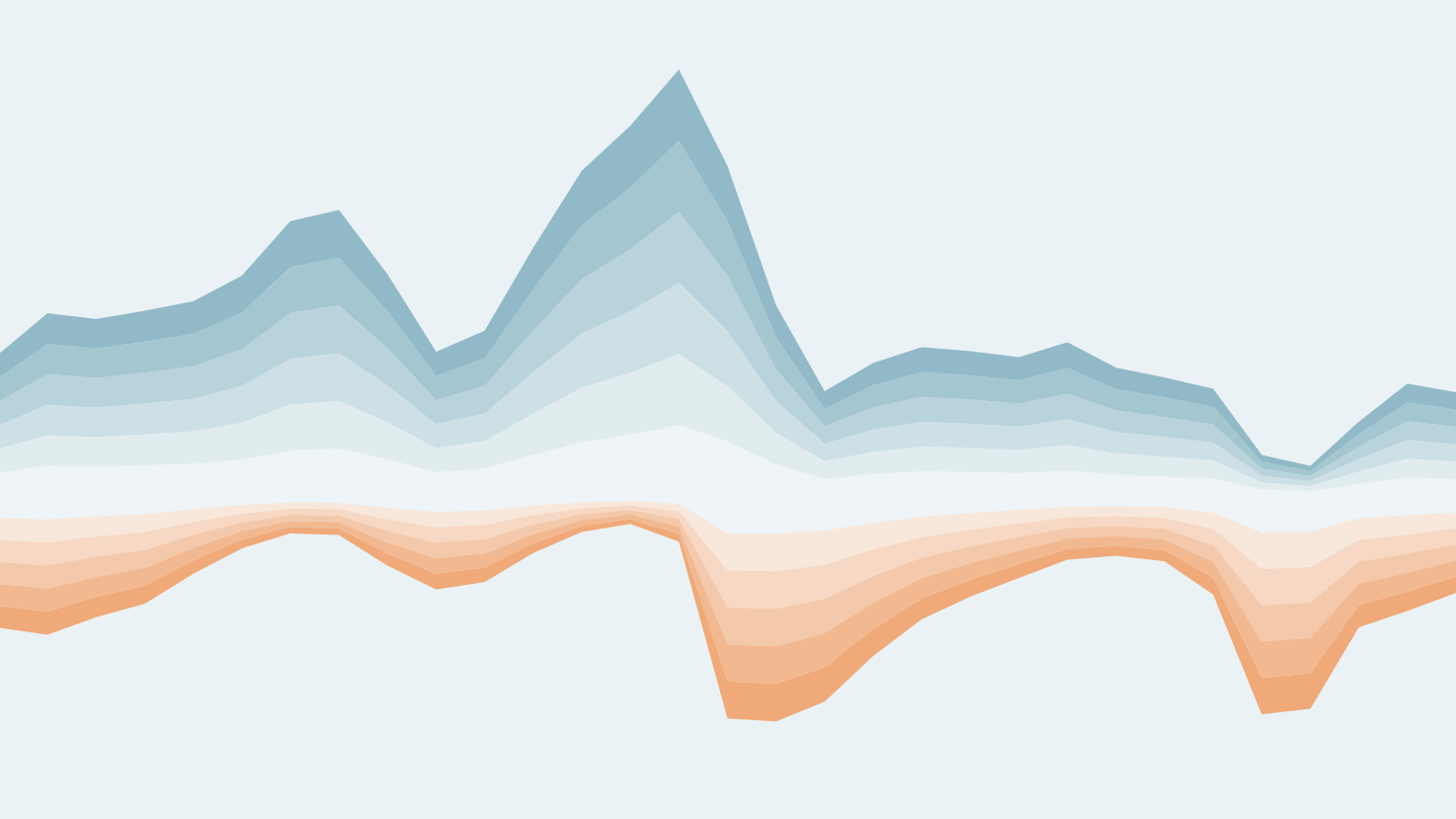Around 89% of Icelanders, 12 years and older, are now fully vaccinated against Covid-19. The rate of new infections is still rather high yet serious illness is rare. Developments in Iceland’s main trading partner countries are similar, with vaccination rates a little lower than here. Despite a set-back to expectations of achieving herd immunity through vaccination caused by the delta variant, the economic outlook for 2021 has improved slightly.
This year to date, foreign travellers to Iceland have increased rather less than we forecast in May. At the same time, average spending per tourist has been considerably higher. Development of export income from the travel sector has been more positive than we expected.
Private consumption growth has also been more robust than we forecast in spring and unemployment levels have fallen more quickly. As a result, we expect 5.1% economic growth in 2021 following a 6.5% contraction in 2020. The outlook is for even more powerful growth in 2022, or around 5.5%, followed by more conservative growth in the latter part of the forecast period.
Inflation has proved to be more persistent than indicated in May. This is primarily due to tension in the housing market, where price increases have been both higher and more persistent than we anticipated. We expect inflation to peak soon and to start to subside in early in 2022. The outlook is for a slow and steady decline in inflation as the year progresses and the international impact of the pandemic on such things as commodities prices and freight cost recedes. We do not expect inflation to hit the Central Bank’s target until mid-2023. Robust economic growth and persistent inflation will press policy rate hikes in careful yet decisive steps over the next 1-2 years and we expect the CB’s key interest rate to rise over 4% in the latter half of 2023.
Key points from the economic forecast:
- It appears as if efforts to control the Covid-19 pandemic with extensive immunisation campaigns will soon come to fruition. The global economy is showing signs of robust recovery. Icelandic GDP grew by 3.5% in the first half of 2021 and we forecast 5.1% economic growth for the year as a whole. Export increases by just over 18%, private consumption by 5% and total capital formation by 10.8%.
- Continuous economic growth is expected over the 3-year forecast period; 5.5% in 2022, 1.7% in 2023 and 2% in 2024. GDP is expected to attain pre-pandemic levels towards the end of 2022.
- We expect the high increase in capelin fisheries in 2022 to contribute 1.7 percentage points to economic growth, all things remaining equal.
- Around 720,000 foreign travellers are expected to visit Iceland this year, 1.5 million next year, 1.8 million in 2023 and 2.1 million in 2024.
- We expect unemployment levels to continue falling throughout the forecast period and to be at 4.8% at the end of this year, to average 4.7% in 2022, fall to 4.1% in 2023 and 3.5% in 2024.
- We expect there to be a slight trade surplus this year, with a surplus of 2-4% of GDP in coming years.
- The outlook is for inflation to peak towards year-end 2021 and then to recede to 3% in Q4 of 2022. We expect inflation to hit target in Q3 of 2023 and to remain at and around target throughout the forecast period.
- The forecast assumes the policy rate to be raised incrementally going forward to Q3 of 2023, at which point it will be 4.25%. We further assume that the inflation target will be attained, with interest rates decreasing again to stand at 3.5% at the forecast horizon.
- The real estate market picked up sharply following rate cuts. We expect the housing price index to rise by 14% this year between annual averages and for the trend to slow considerably in coming years, to around 9% in 2022 and 4-5% in subsequent years.
- The National Treasury has assumed significant burdens in the recession. The budget for 2021 was passed with an ISK 326 billion deficit. Public consumption expenses grew by 3.1% in 2020 and we forecast a 2% increase this year and 1.5% increase in the following three years.

